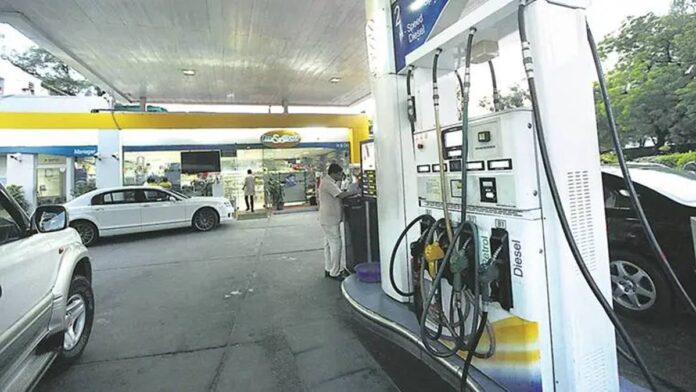The government is considering further easing the norms for setting up petrol pumps in the world’s fastest-growing fuel market, in light of the evolving energy security paradigm and commitment to decarbonisation, according to an official order.
The government had in 2019 relaxed the norms for setting up petrol pumps, opening the door for non-oil companies to enter the fuel retailing business.
At that time, companies with a net worth of Rs 250 crore were permitted to sell petrol and diesel, provided they committed to setting up infrastructure for at least one new-generation alternative fuel, such as CNG, LNG, biofuels, or EV charging, within three years of beginning their operations.
ALSO READGoyal asks for review of placement guidelines of petrol pumps in habitations
For companies wanting to sell petrol and diesel to retail and bulk consumers, the networth criteria was set at Rs 500 crore.
Expert committee has been formed for reviewing 2019 guidelines
The Ministry of Petroleum and Natural Gas has now constituted an expert committee to review the 2019 guidelines for granting authorisation to market transportation fuels.
The expert committee will “assess the effectiveness of the framework envisaged in Resolution dated November 8, 2019, in ensuring energy security and market efficiency; align the policy framework with national commitment towards decarbonisation, electrical mobility and promotion of alternative fuel; and address issues in implementation of existing guidelines,” the order said.
The committee is headed by Sukhmal Jain, former director (marketing) of Bharat Petroleum Corporation Ltd (BPCL). Other members of the four-member committee are Petroleum Planning and Analysis Cell (PPAC) Director General P Manoj Kumar, FIPI member PS Ravi and Arun Kumar, Director (Marketing) in the ministry.
ALSO READ‘Ethanol blending will lower petrol prices’, Nitin Aayog’s 2021 report surfaces
An August 6 notice of the ministry sought stakeholder/general public comments/suggestions on the matter within 14 days.
Prior to the 2019 change, to obtain a fuel retailing license in India, a company had to invest or commit to invest Rs 2,000 crore in either hydrocarbon exploration and production, refining, pipelines or liquefied natural gas (LNG) terminals.
This norm was relaxed in 2019. That year, the government allowed any entity with a net worth of Rs 250 crore to get a licence to retail petrol and diesel to either bulk or retail consumers.
» Read More


